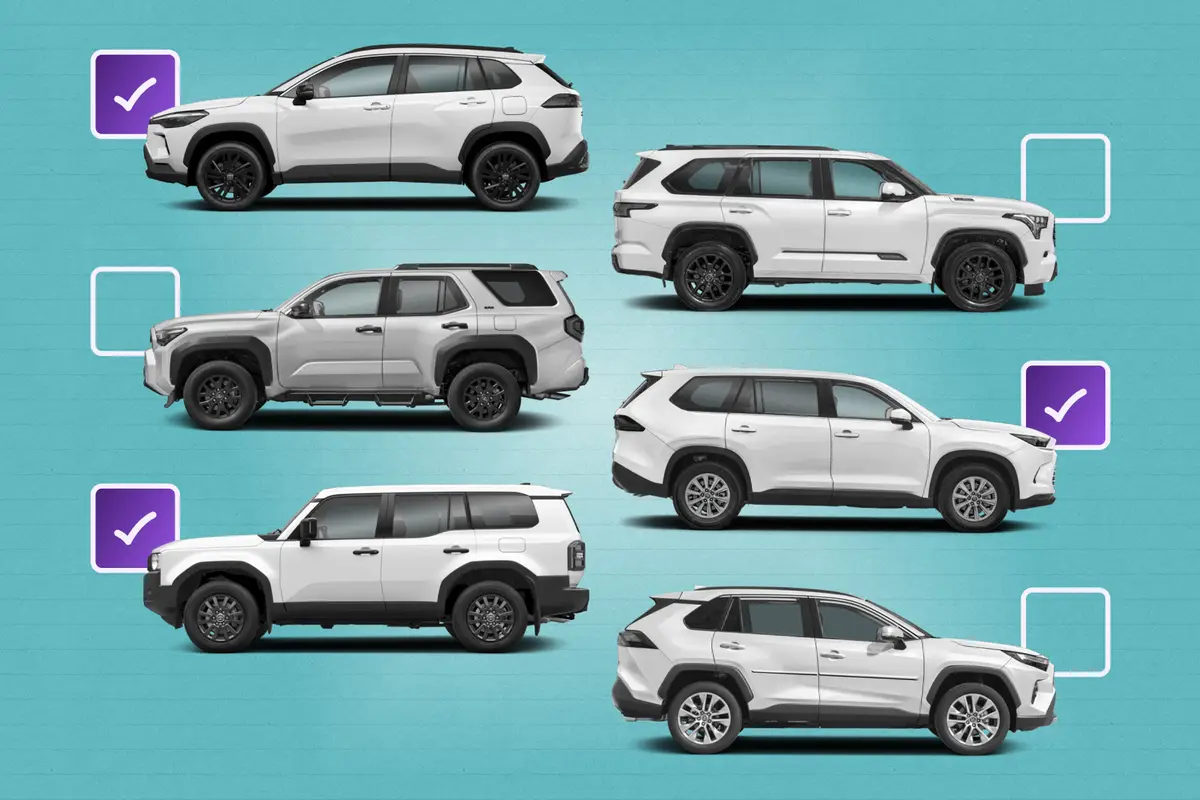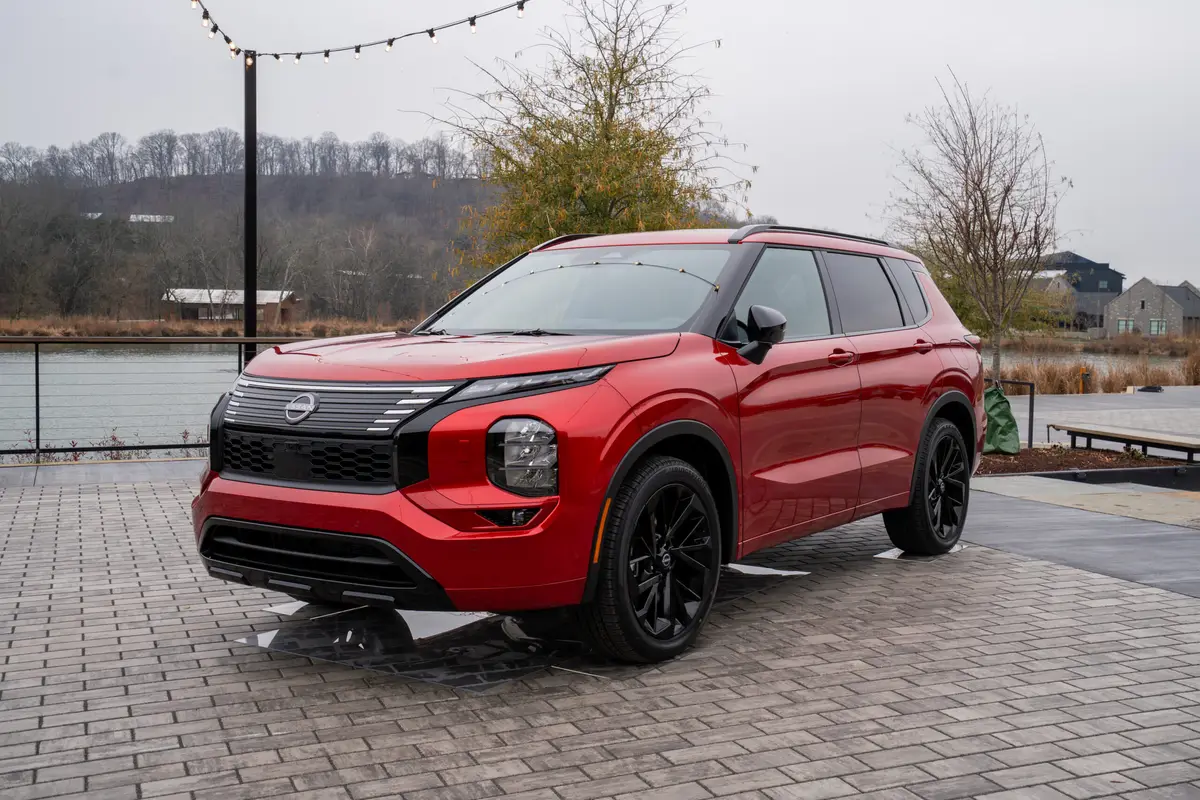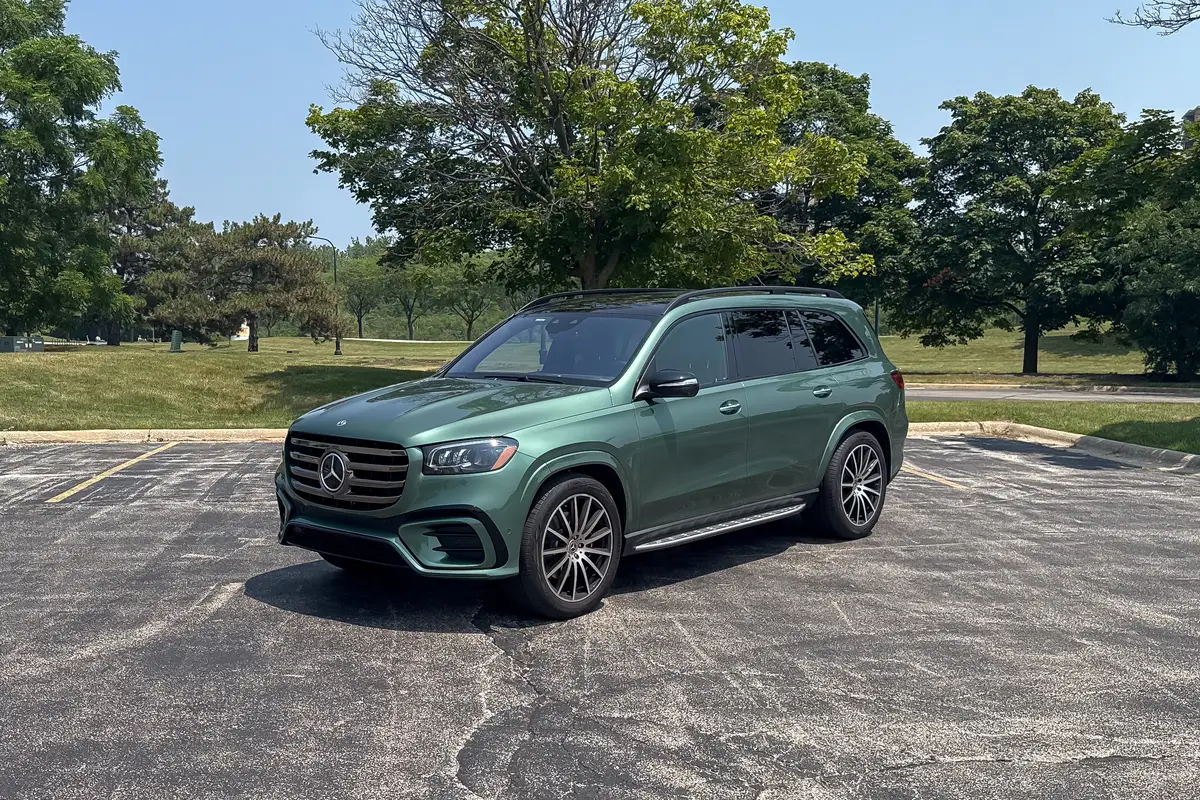The 2019 Lexus UX Is a Clash of Good and Bad

The 2019 Lexus UX’s styling offers nothing new to the Lexus brand — wild, sharp angles and huge spindle grille — but there are interior innovations, including one big surprise, that helped me like the tiny SUV more than I thought I would.
Related: More 2018 New York Auto Show Coverage
Looking at the Lexus UX, it appears to be a mishmash of styles from various Lexus vehicles, including the larger RX, which supplies the grille, and the NX, which provides a template for the angular side sculpting and shape. Lexus calls the UX its first compact utility vehicle, but that’s a misnomer; the NX, which is based on Toyota’s RAV4, fits that bill, while the UX is based on the Toyota CH-R that pushes it more into the subcompact family.
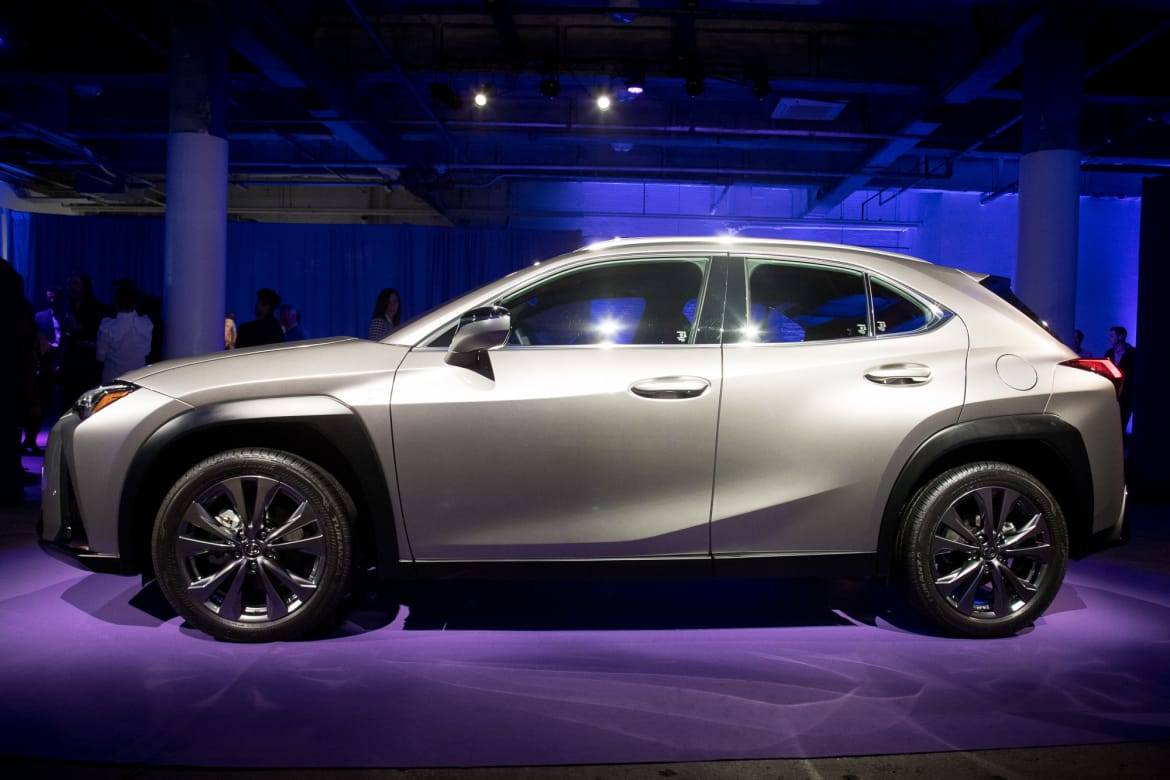
The UX doesn’t bring anything new to Lexus styling. The Lincoln Aviator, also introduced at the New York auto show, looks very much like a Lincoln and shares styling traits with the larger Navigator, but it also evolves the styling into something fresh. When I saw the Aviator, I felt joy; when I saw the UX, I thought it was the NX blasted with a shrink ray.
But on the inside, the UX redeems itself, starting in the backseat. The UX is 5 inches shorter than the NX, which seems like bad news for backseat passengers because the NX’s backseat isn’t what I would call expansive.
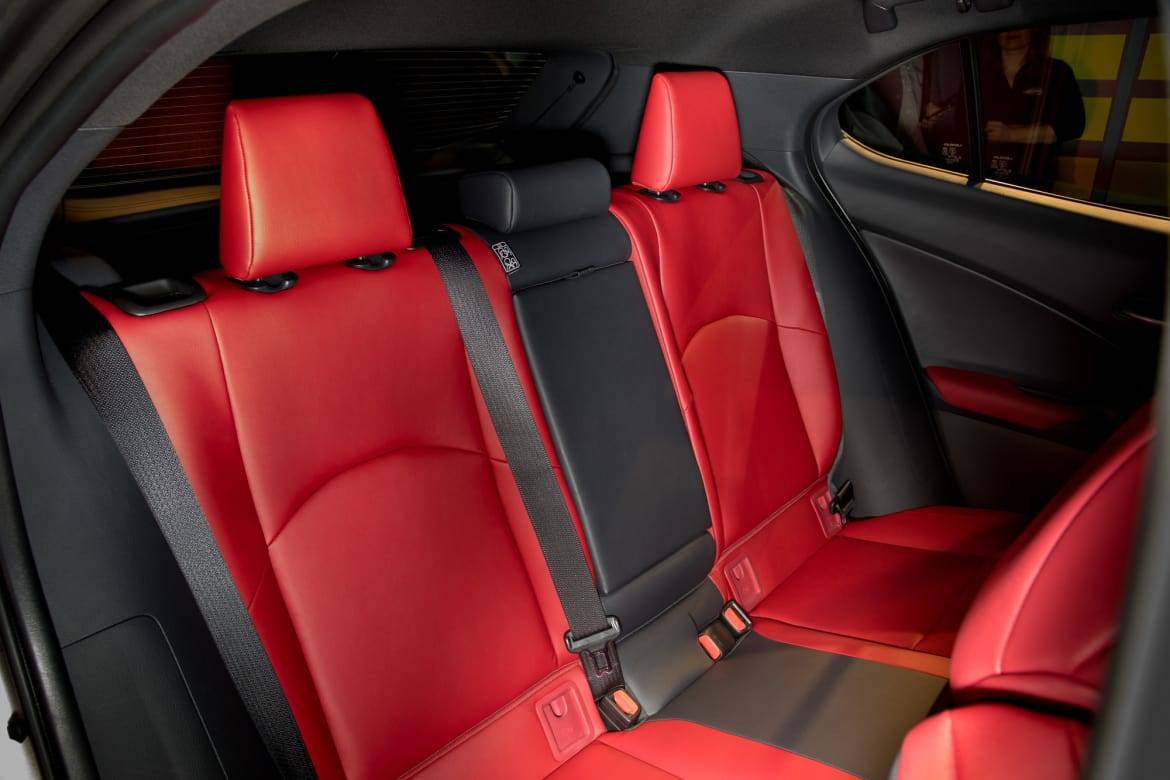
I expected to feel a crunch in the backseat with the driver’s seat positioned where I would drive comfortably, but surprisingly, I found the opposite. Though there isn’t much extra legroom, I had a couple inches of space between my knees and the front seat (I’m 5 feet 11 inches). More importantly, there was a good amount of headroom despite what the sloping roof would suggest. And just as importantly, the window opening sat high enough that you get a clear sightline out the side of the UX, which isn’t the case in the NX. That goes a long way toward making the backseat feel open and less like a coffin.
The Lexus UX also makes strides with is its multimedia system. Lexus is finally trending toward a coherent multimedia experience. The UX will offer Apple CarPlay and Amazon Alexa connectivity, which leaves Android users like myself a little salty but this is a big improvement.
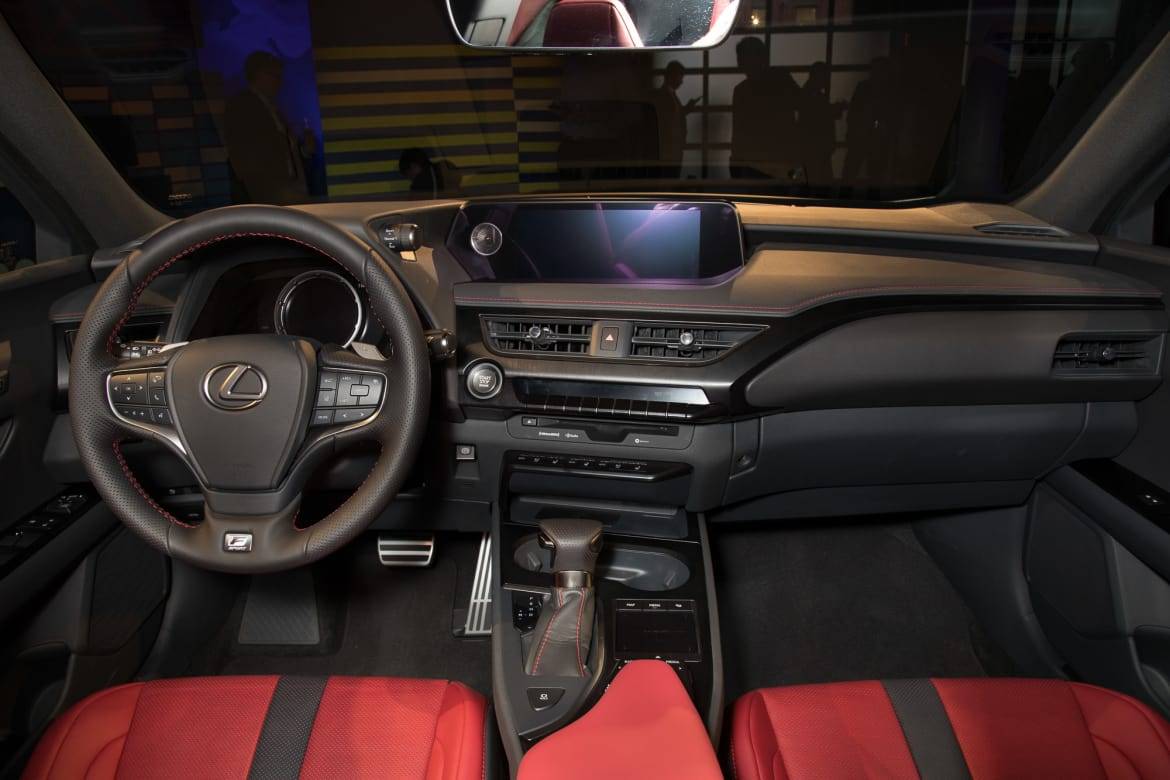
The multimedia system’s screen is pushed even further back on the dash, so there isn’t a good place for volume/tuning knobs and other navigation buttons. The UX instead opts for a novel solution: Those buttons are placed in a small mount in front of the middle armrest where your arm would naturally fall when driving. Horizontally mounted dials allow the driver to tune, change audio sources or adjust the volume from a comfortable position.
To interact with the screen, however, the annoying touchpad setup remains, so it’s not all good news for the UX. But for those of us who have been imploring Lexus to fix the multimedia system, those are welcome changes.
I still have a few reservations about the UX. It’s a bit strange you can’t get all-wheel drive on the gas version; that’s only available on the UX 250h hybrid. But if priced similarly, the 2019 UX 250h could be a suitable replacement to the defunct CT 200h. We’ve got our eyes out for pricing and fuel economy, which will be released closer to the UX’s on-sale date of December 2018.
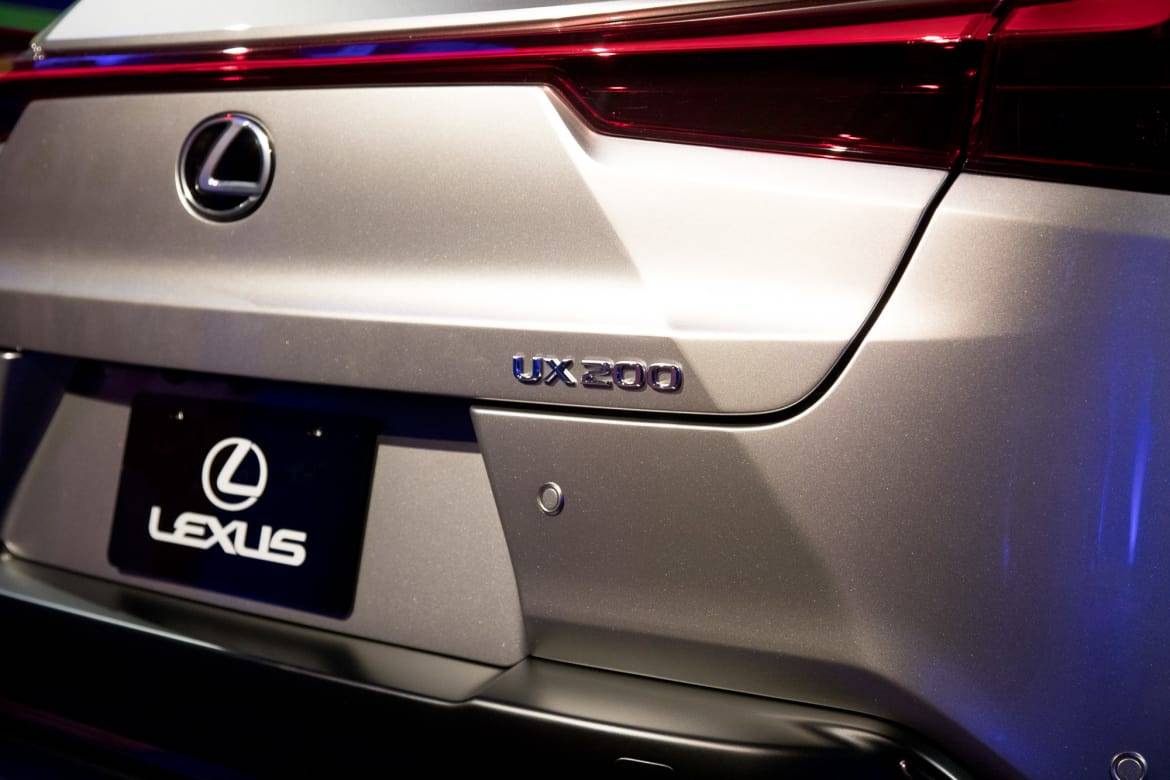
Cars.com’s Editorial department is your source for automotive news and reviews. In line with Cars.com’s long-standing ethics policy, editors and reviewers don’t accept gifts or free trips from automakers. The Editorial department is independent of Cars.com’s advertising, sales and sponsored content departments.

Former L.A. Bureau Chief Brian Wong is a California native with a soft spot for convertibles and free parking.
Featured stories
